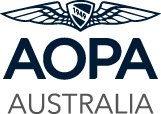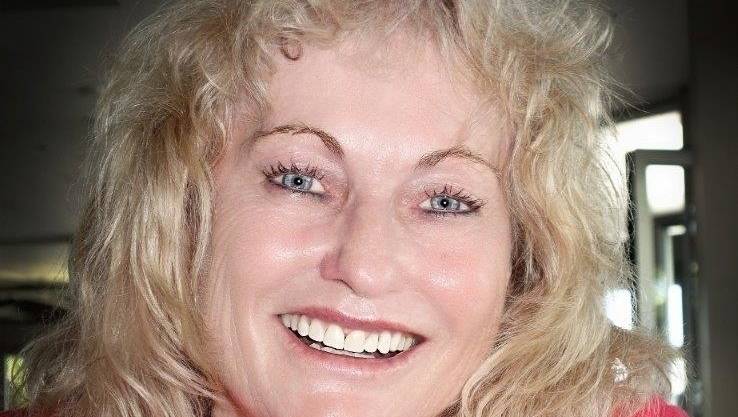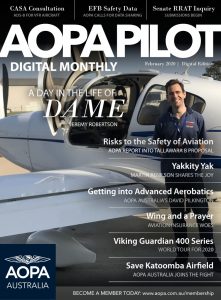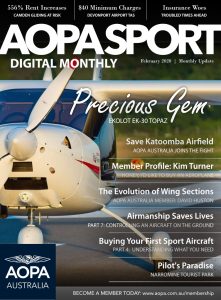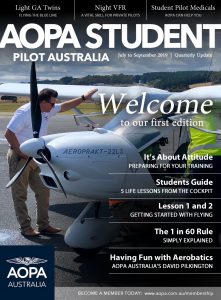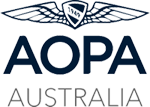Angel Flight has hit back this week at CASA, lodging an application to the Federal Court in Victoria seeking a stay of CASA’s 09/19 Community Service Flights legislation, which many in the aviation industry regard as inappropriate and unnecessary.
CASA claim to have underpinned their 09/19 legislative changes on a statistical review of CSF incidents and accidents, asserting that CSF participants are four (4) times more likely to be injured when compared to the mean general aviation average.
Both Angel Flight and AOPA Australia have refuted CASA’s claim and have called on the regulator to publish their CSF statistical study and safety-case, however, to date nothing has been published.
In response, Angel Flight has engaged the services of a highly credentialed Australain statistician to review CASA’s claimed rates of incidents and accidents for general aviation and more specifically CSF operations. Preliminary analysis indicates that there is no difference between GA and CSF flights.
The matter is expected to come before the court Friday 15th March 2019.
EXCERPT FROM THE FEDERAL COURT APPLICATION
Details of claim
The Applicant is aggrieved by the decision for the reasons set out in the affidavit of Marjorie Elizabeth Pagani, sworn on 12 March 2019.
Grounds of application
- The Instrument was not authorised by regulation 11.068 of the Civil Aviation Safety Regulations 1998 (Cth) (the CASR) because the “class of authorisation” specified in the instrument is not a “class of civil aviation authorisation” prescribed by the CASR (s 5(1)(d) of the ADJR Act).
- Further or in the alternative to ground 1, the Instrument was not authorised by regulation 11.068 of the CASR because:
- it is expressed to apply in relation to a type or kind of aviation operation (“community service flights”) and not a class of persons, aircraft or aeronautical product as required by s 98(5AA) of the Civil Aviation Act 1988 (Cth) (the CA Act)
- pursuant to s 98(5AA) of the CA Act the Instrument is not a “legislative instrument”; and
- regulation 11.068 of the CASR only empowers the Respondent to make legislative instruments
(s 5(1)(d) of the ADJR Act).
- Further or in the alternative, the Instrument creates a new class of operation, namely, “community service flight”, the creation of which is not authorised by regulation 11.068 of the CASR.
- The Respondent breached the rules of natural justice by failing to provide the Applicant with an opportunity to be heard in relation to:
- the restriction in relation to passengers imposed by clause 7(1)(c) of the Instrument as made, which did not appear in the draft instrument published for the purposes of consultation in December 2018; and
- the changes to “Aeroplane maintenance requirements” from those contained in the draft instrument published for the purposes of consultation in December 2018 to those contained in the Instrument as made
(s 5(1)(a) of the ADJR Act).
Orders sought
Interlocutory relief
- An order that the entry into force of the Instrument be stayed pending further order of the court.
Final relief
- An order quashing the Instrument.
- A declaration that the making of the Instrument was not authorised by regulation 11.068 of the CASR.
- A declaration that the Respondent denied the Applicant natural justice by failing to provide an opportunity to be heard in relation to:
- the restriction in relation to passengers imposed by clause 7(1)(c) of the Instrument as made, which did not appear in the draft instrument published for the purposes of consultation in December 2018; and
- the changes to “Aeroplane maintenance requirements” from those contained in the draft instrument published for the purposes of consultation in December 2018 to those contained in the Instrument as made.
.
[adrotate banner=”3″]
